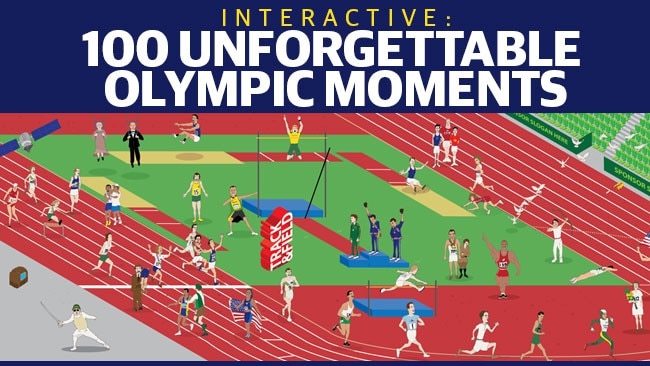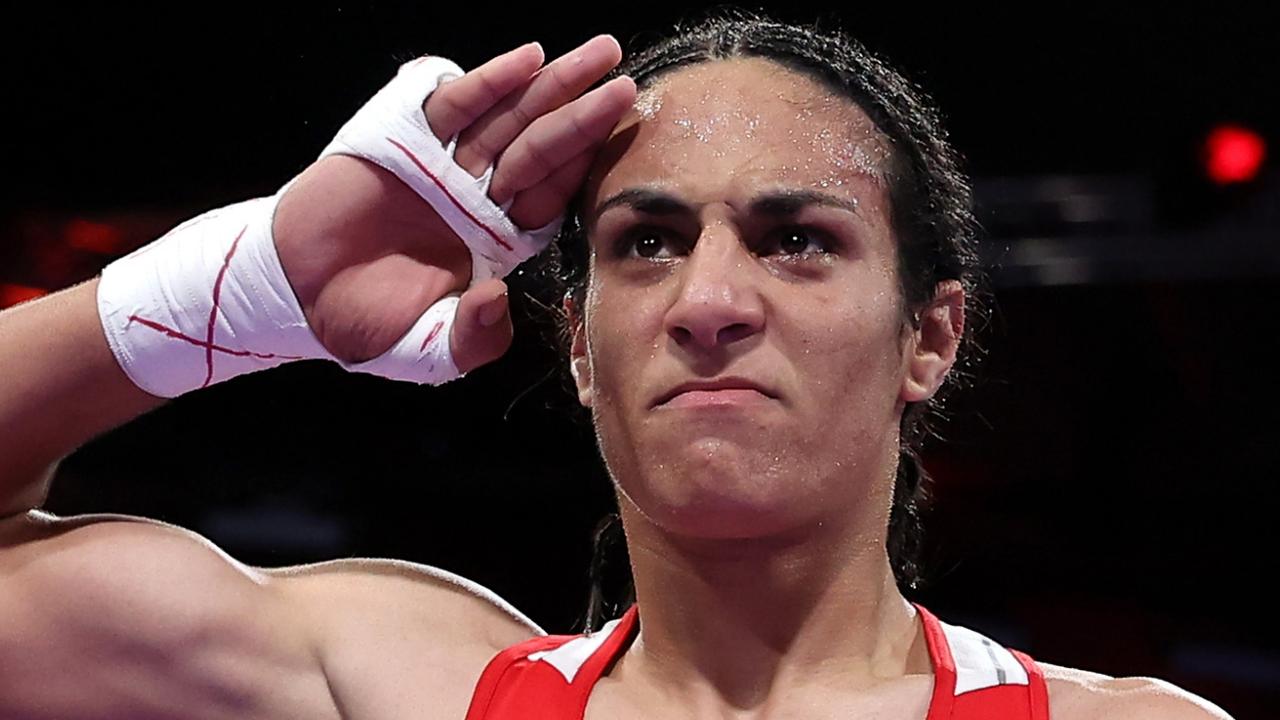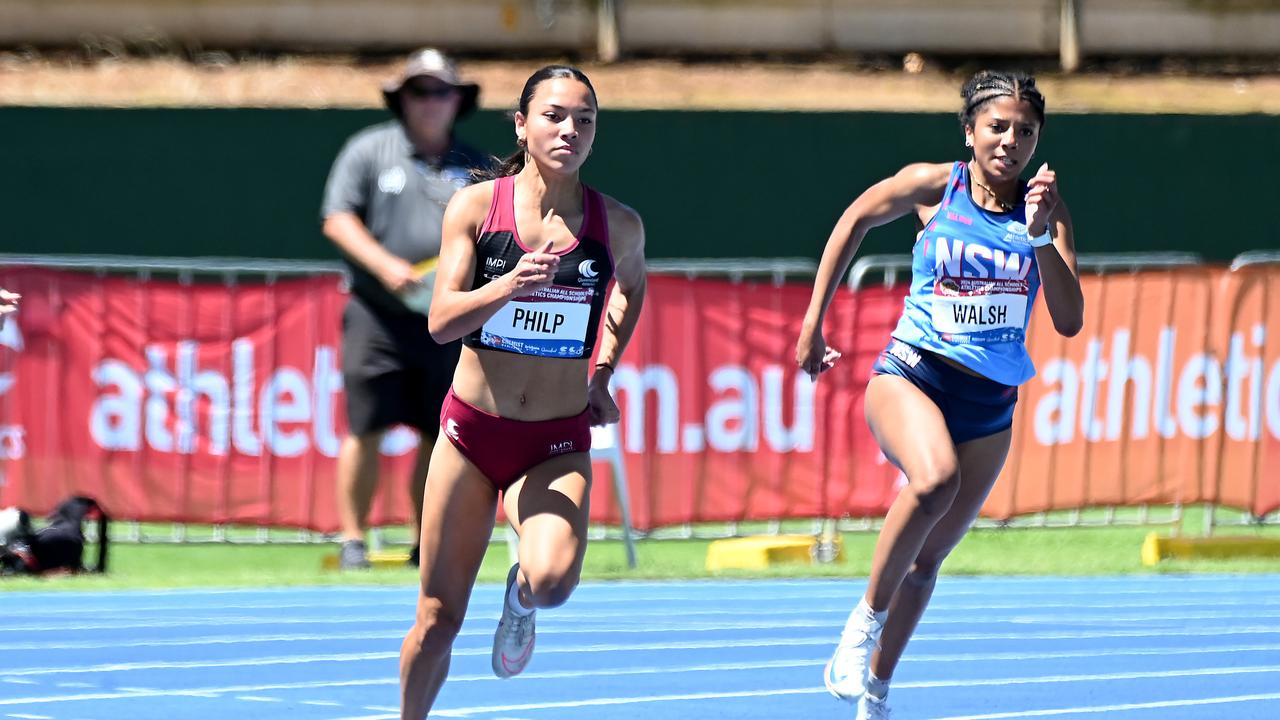International Olympic Committee comes under fire for creating ‘confusing mess’ on Russia ruling
US anti-doping chiefs blasted the IOC for creating “a confusing mess” over the Russian doping scandal, claiming they lacked “decisive leadership”.
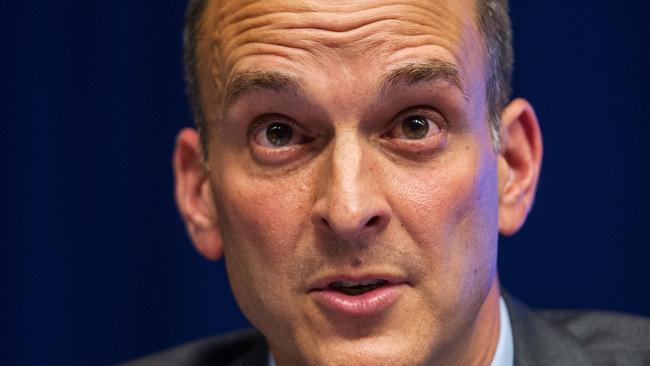
Olympics
Don't miss out on the headlines from Olympics. Followed categories will be added to My News.
THE International Olympic Committee decided against hitting Russia with a blanket ban from the Rio Games over state-run doping, sparking an immediate backlash from groups that had demanded bold action against cheating.
RUSSIA DECISION: IOC leaves it up to individual sports
VILLAGE CRISIS: Water leaks, blocked toilet, sewage flowing ...
REQUIREMENTS MET: Russia cleared to play tennis in Rio
CRADDOCK: Gutless IOC fails when it matters most
IOC president Thomas Bach said the body shied away from a historic outright ban in order to protect the rights of clean Russian competitors hoping to take part at the Games which start in two weeks.
Individual sports federations will have primary responsibility for determining every Russian athlete’s eligibility for Rio, the IOC executive said.
But Bach stressed that strict checks put in place for Russians proved the IOC had gotten tough with a country accused of running a vast doping programme.
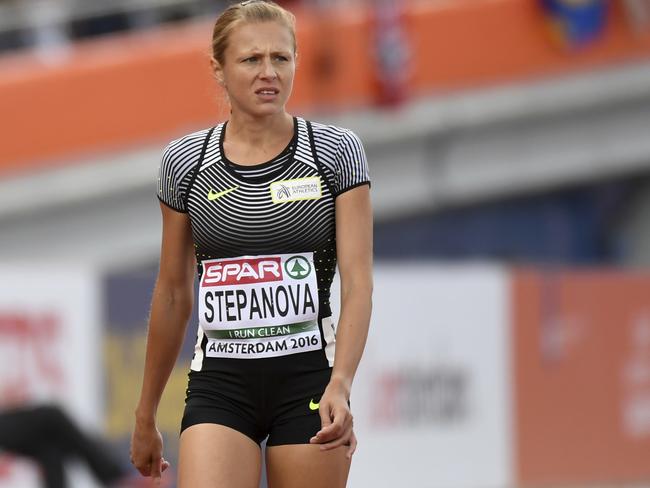
United States anti-doping chief Travis Tygart, one of many who urged a total ban against Russia, blasted the IOC for creating “a confusing mess.”
“In response to the most important moment for clean athletes and the integrity of the Olympic Games, the IOC has refused to take decisive leadership,” the USADA boss said in a statement.
“The decision regarding Russian participation and the confusing mess left in its wake is a significant blow to the rights of clean athletes.
“It is so frustrating that in this incredibly important moment, they would pass the baton to sports federations who may lack the adequate expertise or collective will to appropriately address the situation within the short window prior to the Games.
“The conflict of interest is glaring.”
Britain’s Chris Hoy, a six-time Olympic gold medallist, said the IOC had shirked its responsibilities.
What sort of message does this send out? Surely IOC's job is to make crucial decisions rather than passing the buck https://t.co/hJMEooFTRB
— Chris Hoy (@chrishoy) July 24, 2016
British long jump Olympic champion Greg Rutherford told The Guardian: “I had a terrible feeling that arms would be twisted.”
The IOC faced global pressure to act after a World Anti-Doping Agency report last week detailed a cheating programme directed by the Russian sports ministry with help from the FSB state intelligence agency.
The cheating affected 30 sports, including at the 2014 Sochi Winter Olympics and other major events, WADA said, in revelations that widened the worst drug scandal in Olympic history.
Russia’s entire track and field squad has already been barred from Rio following a similar WADA report on “state-supported” doping.
Fourteen national anti-doping agencies -- including the US, Germany and Japan -- as well as several national Olympic committees had demanded Russia’s exclusion from Rio.
UK Sports Minister Tracey Crouch said the IOC had been too soft on Russia. She told the BBC: “The scale of the evidence arguably pointed to the need for stronger sanctions rather than leaving it to the international federations at this late stage.”
The IOC also delivered a crushing blow to Yuliya Stepanova’s hopes of competing in Rio. She had refused to run for Russia and hoped for a special Olympic charter exemption to compete as a neutral after she gave evidence to WADA.
The IOC ethics commission said that while Stepanova “made a contribution to the protection and promotion of clean athletes”, Olympic rules did not permit the entry of neutrals.
Also, despite her whistleblower credentials, she is an admitted cheater and her conduct does “not satisfy the ethical requirements for an athlete to enter the Olympic Games.”
Tygart called the IOC’s decision on Stepanova “incomprehensible.”
“It will undoubtedly deter whistleblowers in the future from coming forward,” the US anti-doping chief said.

